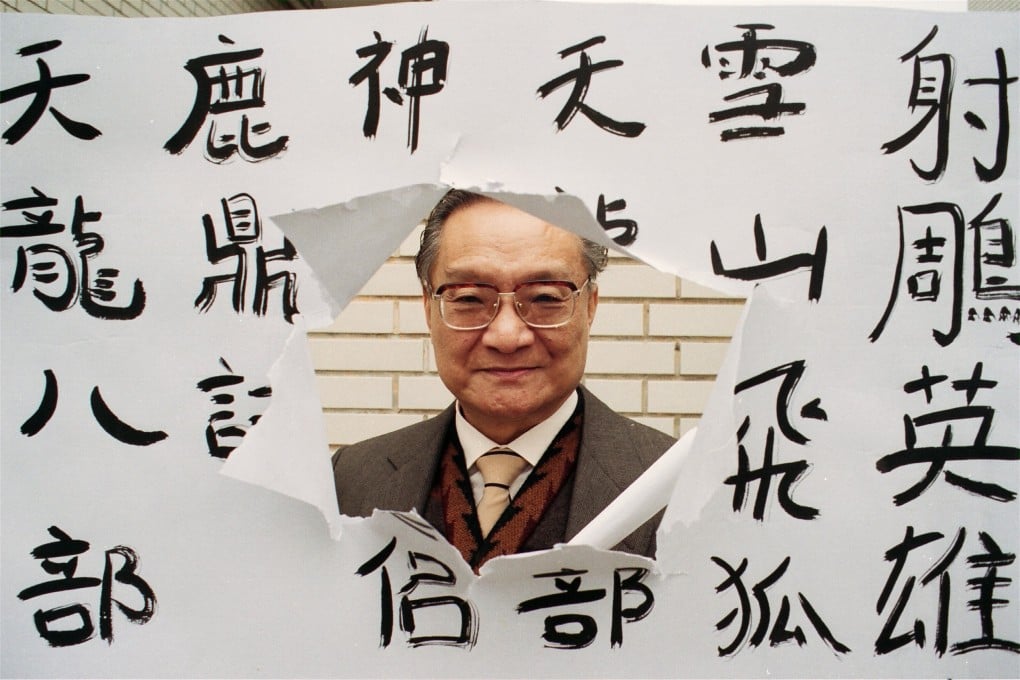How wuxia movies drew on martial arts novels by Louis Cha, Gu Long and Liang Yusheng
- Film directors such as Stephen Chow, Wong Kar-wai, and Tsui Hark mined plots and characters from novelists’ tales of romance, chivalry and combat
- While filmmakers also drew on actual events and historical characters, martial arts novelists were integral to the success of wuxia movies

Martial arts movies did not just spring out of nowhere – they have an intrinsic connection to Chinese culture. The films exist as part of the martial arts subculture, or jiang hu, and often draw on the characters and storylines of well-known martial arts novels or feature real or mythical heroes from the past.
Wuxia movies as a whole draw on the immense body of martial arts novels produced in Greater China, while kung fu films may be based on histories, folk stories, myths, and stories – usually from southern China – that have been shared among the martial arts fraternity.
Martial arts novels tend to be long and episodic, and feature many different characters and intricate, wide-ranging plots and storylines in the manner of the Chinese classic The Water Margin. So filmmakers usually just pick one storyline and one set of characters from a novel and construct a film around these, excising most of the book in the process. (Such novels receive more extensive adaptations as television series.)
Sometimes a book can be so well-known in Hong Kong – such as a work by Cha – that filmmakers assume that viewers already know the story, and consequently skimp on providing any background. This can lead to problems when the film plays in the West, where viewers will probably not have read the original book.
